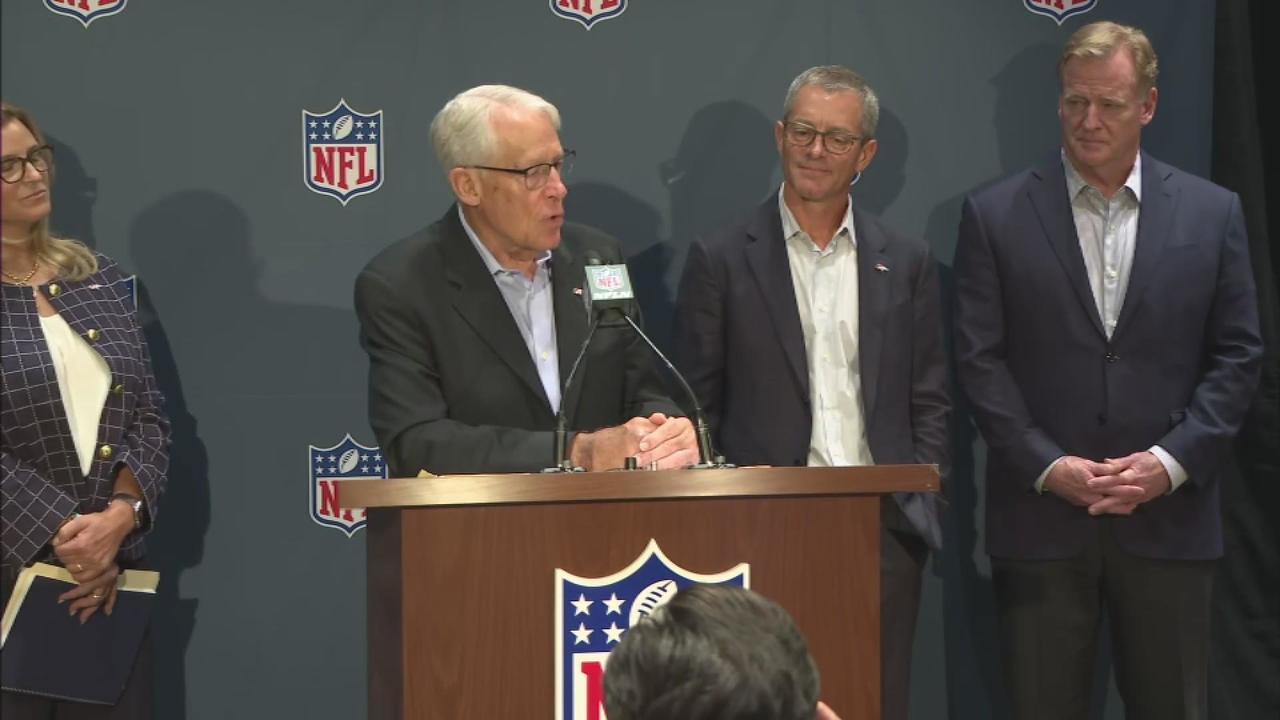In a shocking turn of events, Rob Walton, the wealthiest owner in the NFL with a net worth of $77.4 billion, has been arrested by the Economic and Financial Crimes Commission (EFCC). This arrest has sent ripples through the sports world and beyond, raising numerous questions about the implications for both Walton and the Denver Broncos.
Rob Walton, an heir to the Walmart fortune, recently became the principal owner of the Denver Broncos. His acquisition was seen as a significant moment in NFL history, bringing immense financial resources to the franchise. Walton’s wealth and business acumen were expected to drive the Broncos to new heights, both on and off the field.
However, the arrest by the EFCC, a Nigerian law enforcement agency known for investigating financial crimes, has cast a dark shadow over these expectations. While details of the charges are still emerging, this development is poised to have far-reaching consequences.
Firstly, the arrest raises serious concerns about the nature of Walton’s business dealings. The EFCC’s involvement suggests that the alleged crimes may involve international financial transactions or operations in jurisdictions where the commission has authority. Such allegations, if proven true, could significantly tarnish Walton’s reputation and that of the organizations he is affiliated with, including the Broncos and Walmart.
The Denver Broncos now face an uncertain future. Walton’s arrest could lead to significant instability within the franchise. The team’s operational and financial strategies were closely tied to Walton’s vision and resources. His absence could disrupt ongoing projects, including player acquisitions, facility upgrades, and community initiatives. Moreover, the arrest could impact the morale of the team, players, and staff, as they grapple with the fallout from this high-profile scandal.
The NFL, too, will be closely watching the situation. The league has strict conduct policies for its owners, and Walton’s arrest will likely trigger an internal investigation. Depending on the findings, the NFL could impose sanctions, including fines or even a forced sale of the team. Such measures would be unprecedented but necessary to maintain the league’s integrity and reputation.
From a broader perspective, this incident highlights the increasing scrutiny faced by billionaires and high-profile individuals globally. Financial transparency and accountability are becoming more critical, and law enforcement agencies worldwide are more vigilant in investigating potential crimes. Walton’s case underscores that even the wealthiest individuals are not immune to legal consequences if they engage in illegal activities.
For Walton, the immediate priority will be mounting a robust legal defense. Given his substantial resources, he will likely enlist a team of top-tier lawyers to contest the charges. The legal battle could be protracted and complex, involving multiple jurisdictions and intricate financial transactions. The outcome will not only determine Walton’s personal and professional future but also set a precedent for similar cases involving high-net-worth individuals.
In conclusion, the arrest of Rob Walton by the EFCC marks a dramatic and unexpected twist for the NFL’s wealthiest owner. The repercussions for the Denver Broncos, the NFL, and Walton himself could be profound and long-lasting. As the legal process unfolds, the sports world and the public will be closely monitoring the developments, eager to understand the full scope and impact of this high-stakes saga.
Tags: Denver Broncos, EFCC, Rob Walton